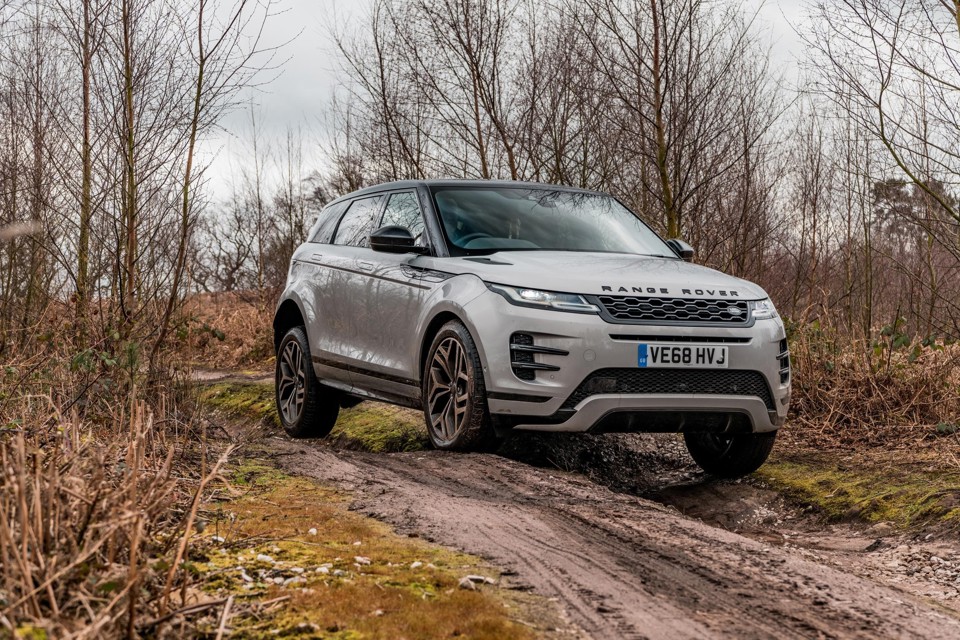Land Rover’s new Range Rover Evoque has become the first premium compact SUV to offer an RDE2-compliant engine – meaning drivers can avoid paying the 4% benefit-in-kind tax diesel supplement.
The use of advanced engine and exhaust technologies has meant the Evoque in D150 manual front-wheel drive trim has passed the strict emissions test.
Read our first drive review of the new Evoque here.
This means a 20% taxpayer choosing the entry-level Evoque trim will pay a monthly BIK bill of £165. If the car was not RDE2 compliant, this would be £186.
Nick Rogers, executive director of product engineering at Jaguar Land Rover, said: “Meeting the standards for this certification almost two years ahead of schedule is a real achievement and a result of collaboration within our engineering team to develop advanced engine and exhaust technologies.
“The new Range Rover Evoque uses a low-friction engine design which has reduced real-world driving NOx emissions by 90% since 2010, demonstrating vast progress for Jaguar Land Rover.
“Independent groups, including AIR Index (Allow Independent Road-testing) and ADAC (Allgemeiner Deutscher Automobil-Club), are verifying that our diesels are some of the cleanest available.”
The RDE2 certification has been achieved using advanced engine and exhaust technologies.
The system injects AdBlue diesel exhaust fluid into the exhaust gas, where it reacts with the NOx and converts it into nitrogen and water, ensuring the Ingenium diesels comply with the Euro6d-Final limits.
NOx emissions are also minimised during warm-up as the vehicle reaches optimum temperature due to its low-friction design.
In addition, efficient diesel particulate filters are integrated into the after-treatment system and trap 99.9% of soot as the exhaust gas passes through them.
For more on what RDE2-compliant cars are becoming available to fleets, see the May edition of Fleet News.




















Sage & Onion - 24/04/2019 12:58
What all Fleet Managers probably want to know about RDE2 models is if there is a price premium over the WLTP model. The BIK cost differences stated in the news article perhaps suggest there isn't but manufacturers seem to be very quiet on price points when announcing such welcome developments, especially for company car drivers.